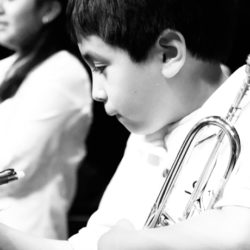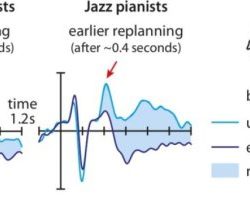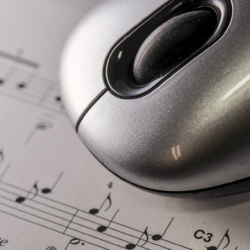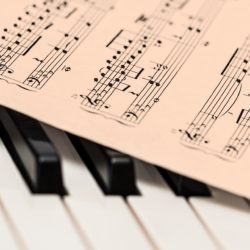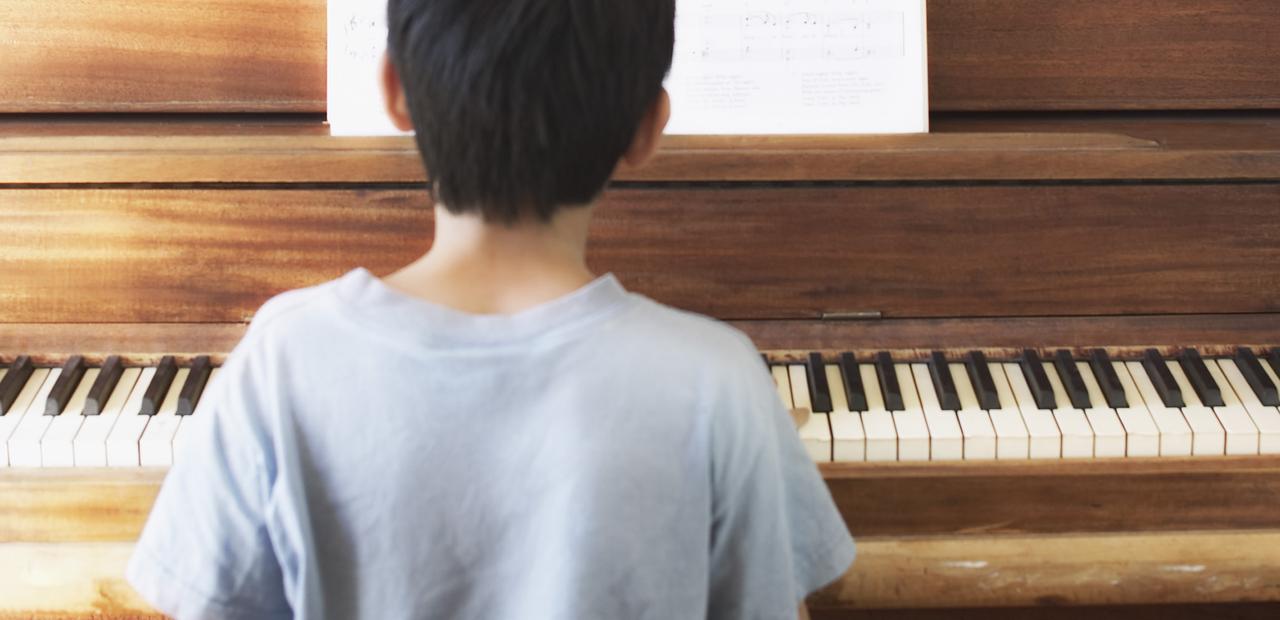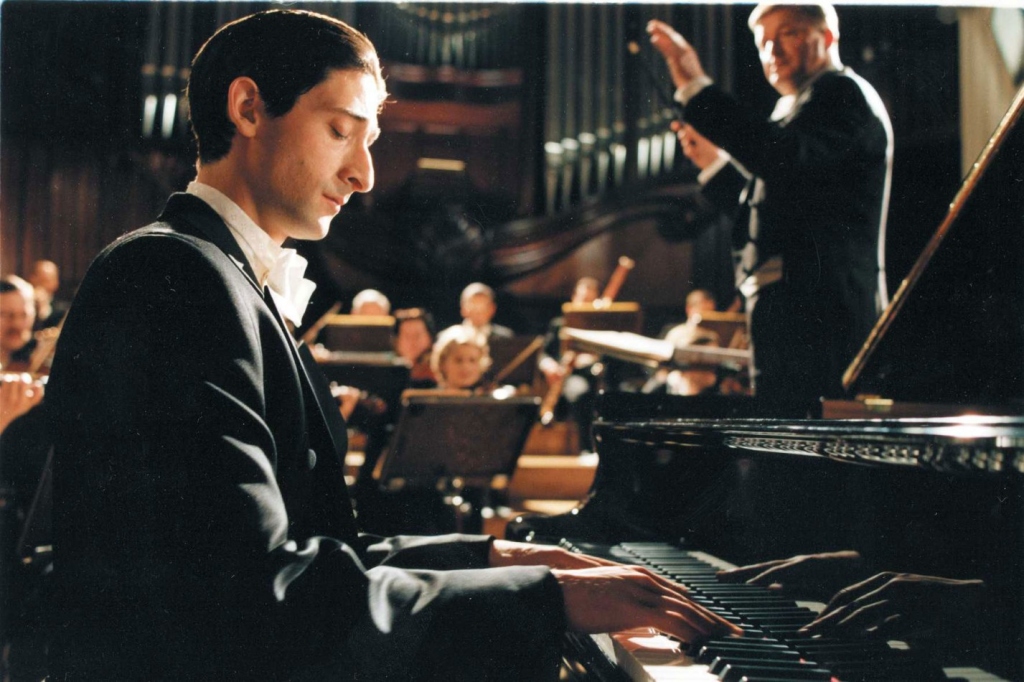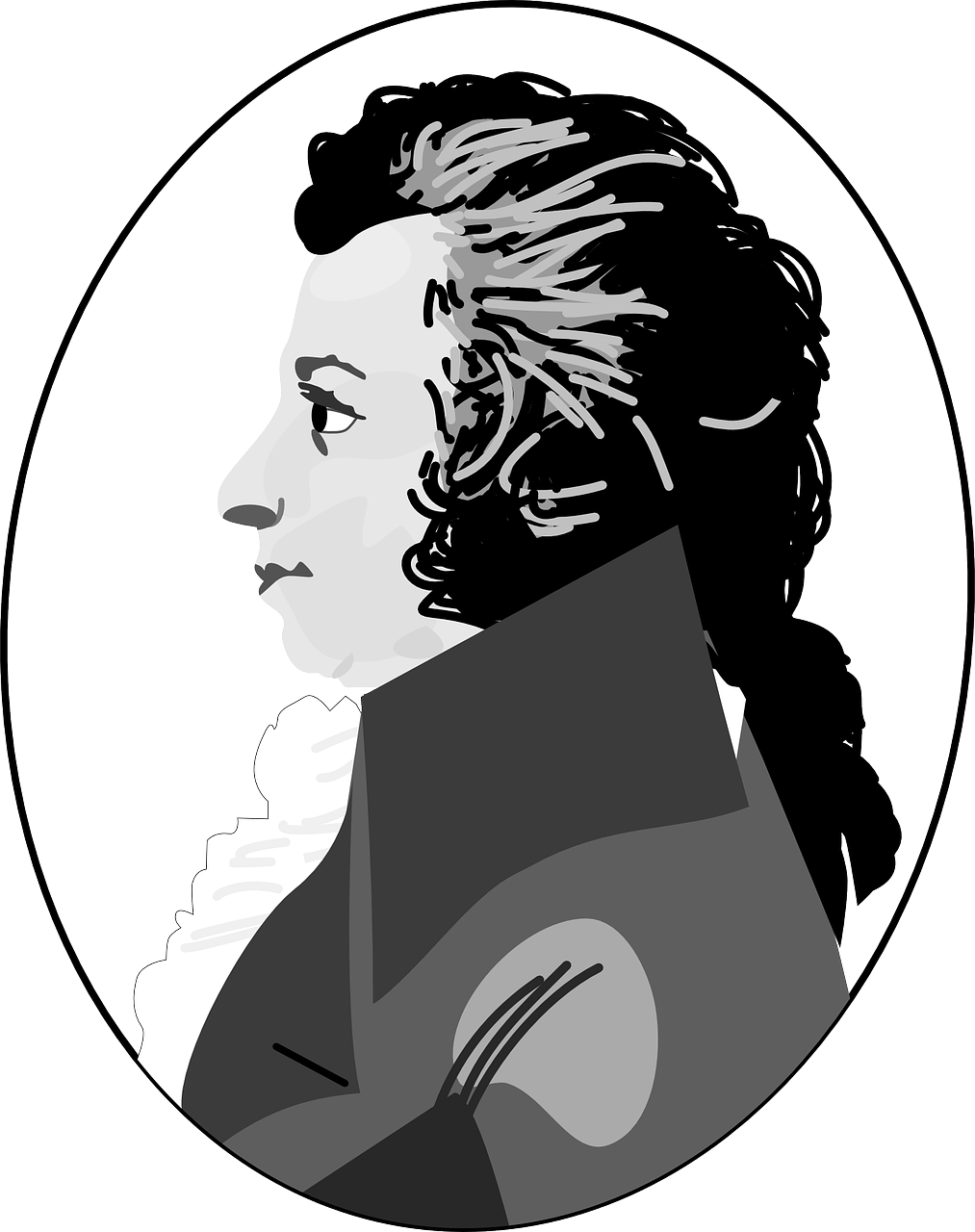Children’s brains shaped by music training
By: Laura Sanders Musical training tunes the developing brain, scientists report in the Sept. 3 Journal of Neuroscience. After two years in a music enrichment program, children in Los Angeles had more sophisticated brain responses to spoken syllables than kids who had only a year of training. [Read more…] Source: Science News

